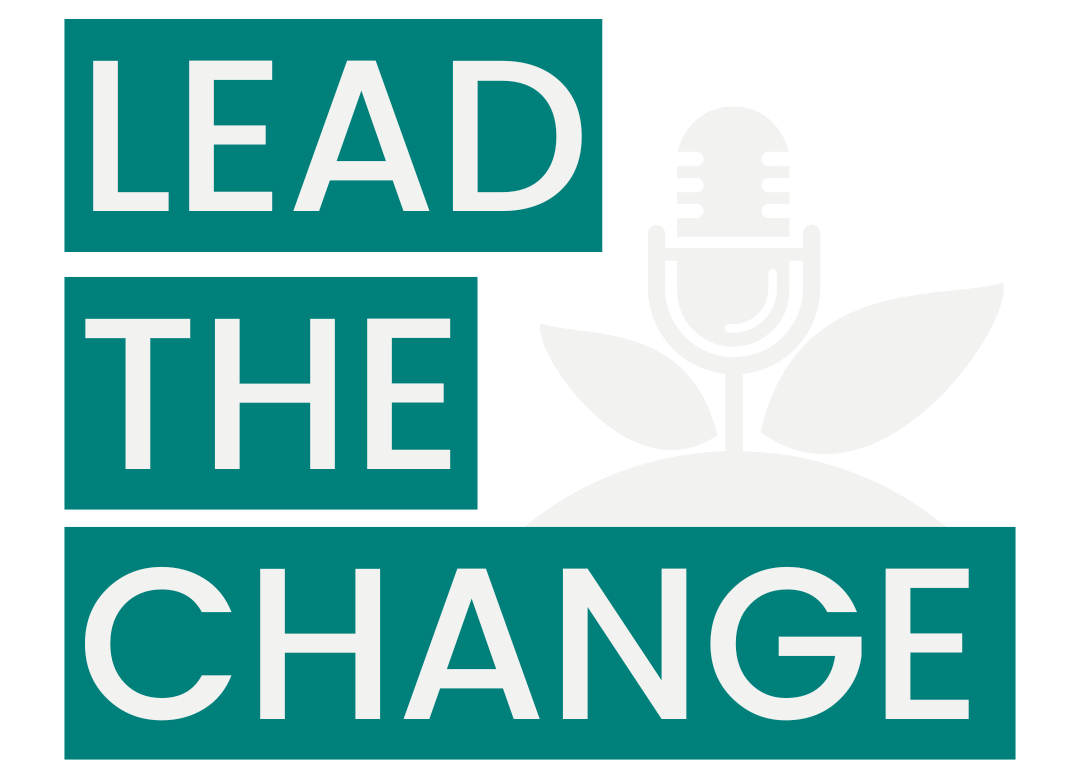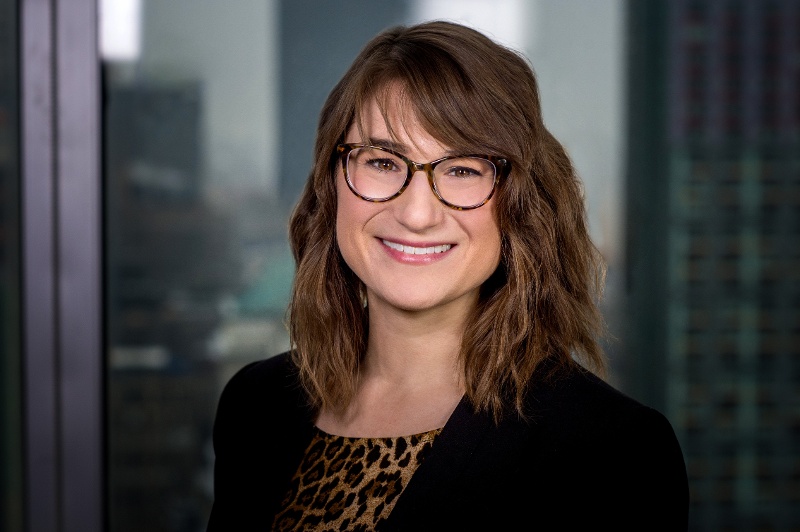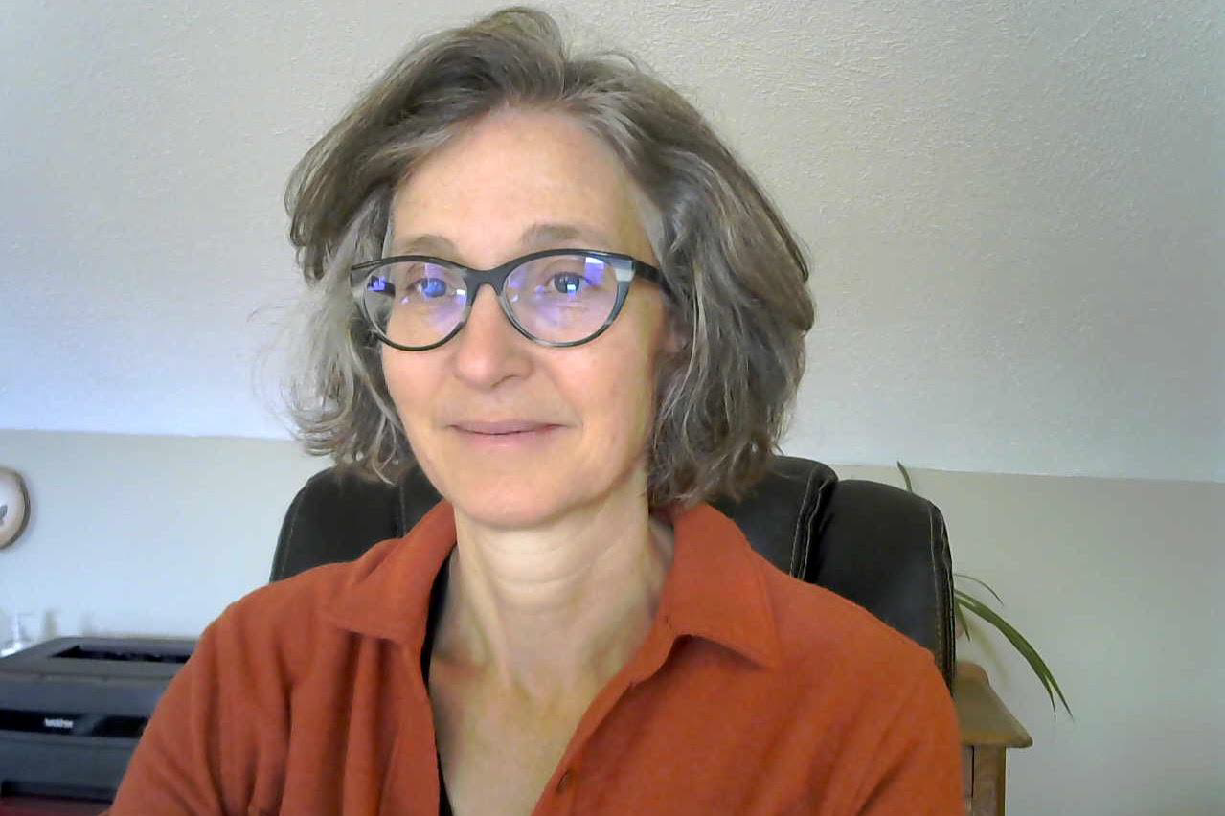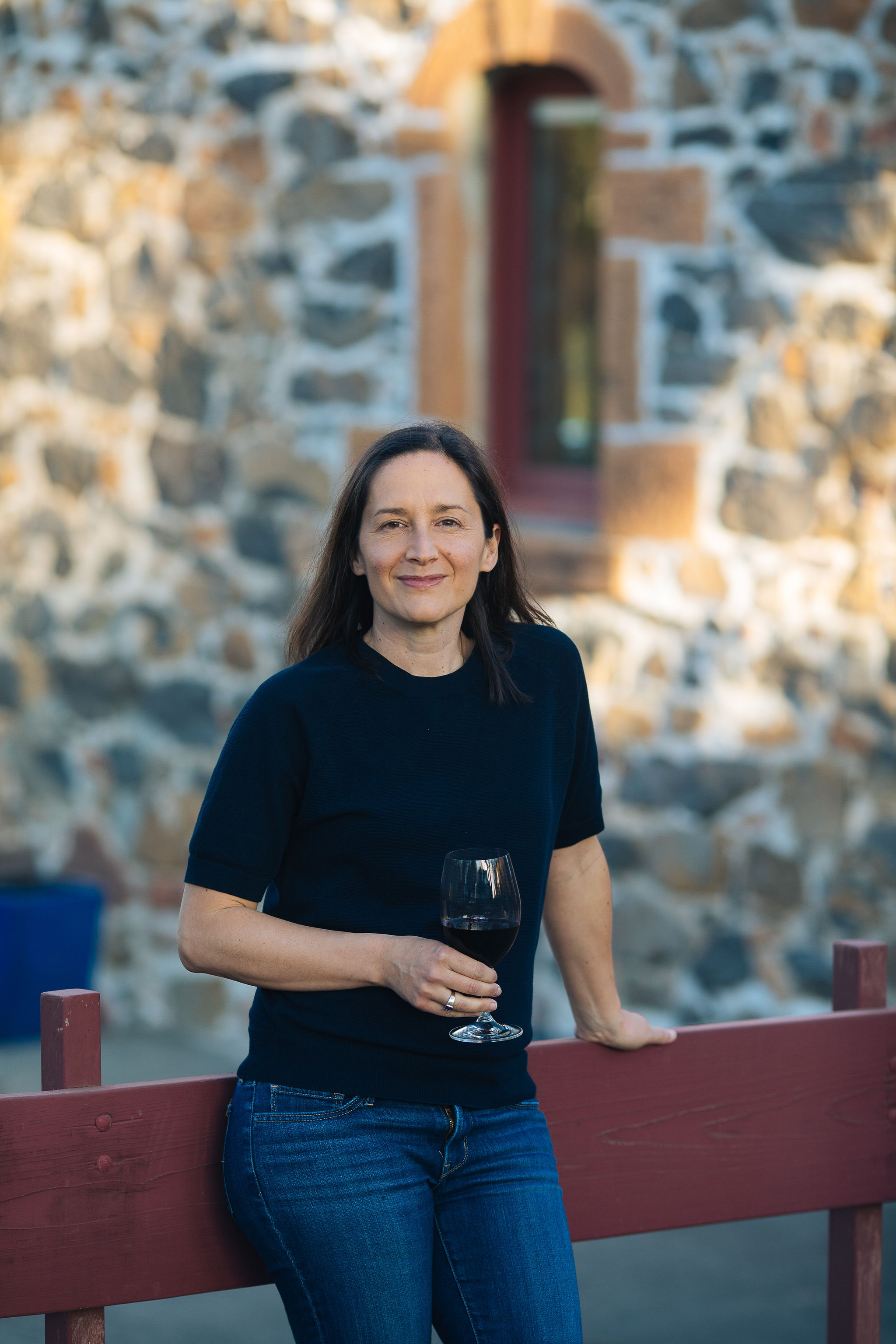
Forging a New Way to Build Companies
Featuring Oliver Libby
Co-Founder & Managing Director, H/L Ventures
Oliver B. Libby is co-founding Managing Partner of H/L Ventures. Based in New York City and founded in 2009, H/L Ventures is dedicated to building high-growth businesses that add value to society by protecting and promoting people and the planet, with a strong preference for diverse founding teams. H/L Ventures’ proprietary Daily Active Engagement model blends the best of venture studio and investment firm on one platform to help grow companies from early stage to exit in a holistic approach to company building.
Bard MBA’s Hector Aguirre speaks with Oliver for this episode of the Impact Report. See an excerpt of their conversation below.
Oliver Libby: I grew up as the son and grandson of doctors and scientists and so spent a lot of my youth in either my mom's medical practice working the front desk or my grandfather's laboratory. Or I'm watching my dad work with his team, as well, and those teams were unified by both the really strong devotion to their mission. They were doing something important. They felt that way. It motivated them, and they were also very diverse. You know, postdocs and physicians and scientists and—and staff from all around the world—unified by that mission. I myself went a slightly different direction.
I ended up starting my career in the government, and again, I was surrounded by diverse teams, you know, ethnically, racially, gender-wise, geographically, geographically speaking. And that was very motivating. And, obviously, in government, you have a mission, too.
When I left the government I ended up you know, starting to work with startups, and I was really excited about the innovation in startups and the entrepreneurship, but really confused as to where all the mission orientation and the diversity went. Because in kind of 2003—4, 5, 6—when I was first starting in this work. you know it was, you know, pretty—pretty homogeneous space and pretty, I would say, you know, at times mercenary, right?
And so when I had the opportunity, thankfully, to be able to launch my own firm, being at the nexus of growth, impact and diversity was really the only way I would have done it. And part of that is altruistic, and part of it is because I thought there was a huge opportunity in funding folks who had not had easy access to funding, who had really great solutions. And, you know, thankfully that's played out pretty well over the course of almost 15 years.
You asked about investors and their expectations. You know, for a long time, particularly in the early days, you know, over a decade ago when we started impact investing was, you know, tacitly thought of or even overtly thought of as concessionary. You're gonna be kind of a charity like, “All right, maybe you make some money…”
But all the impact stuff is really the important stuff. The fact of the matter is, we never accepted that, and our particular investors never accepted that either.
So we believe we can generate, you know, market returns, and you know, with, you know, hard work and all that. Maybe even better than that. And that impact and diversity actually can help, you know, drive this great research that diverse teams drive better results. This is, you know, good peer-reviewed university research—you don't need to look hard to find it.
And so using that as an investment thesis seemed very sensible to me, and the idea that that would be concessionary didn't make any sense. But I know this is a long answer, so the last thing I'll say is: impact Investing is just a lens that you look at.
So you can have a 100% loss impact investing, which is philanthropy. You can have impact-related credit, which might return 2 or 8 or 6%. And impact-related venture capital, which has a much higher return bar. So all that can be impactful at the same time.




